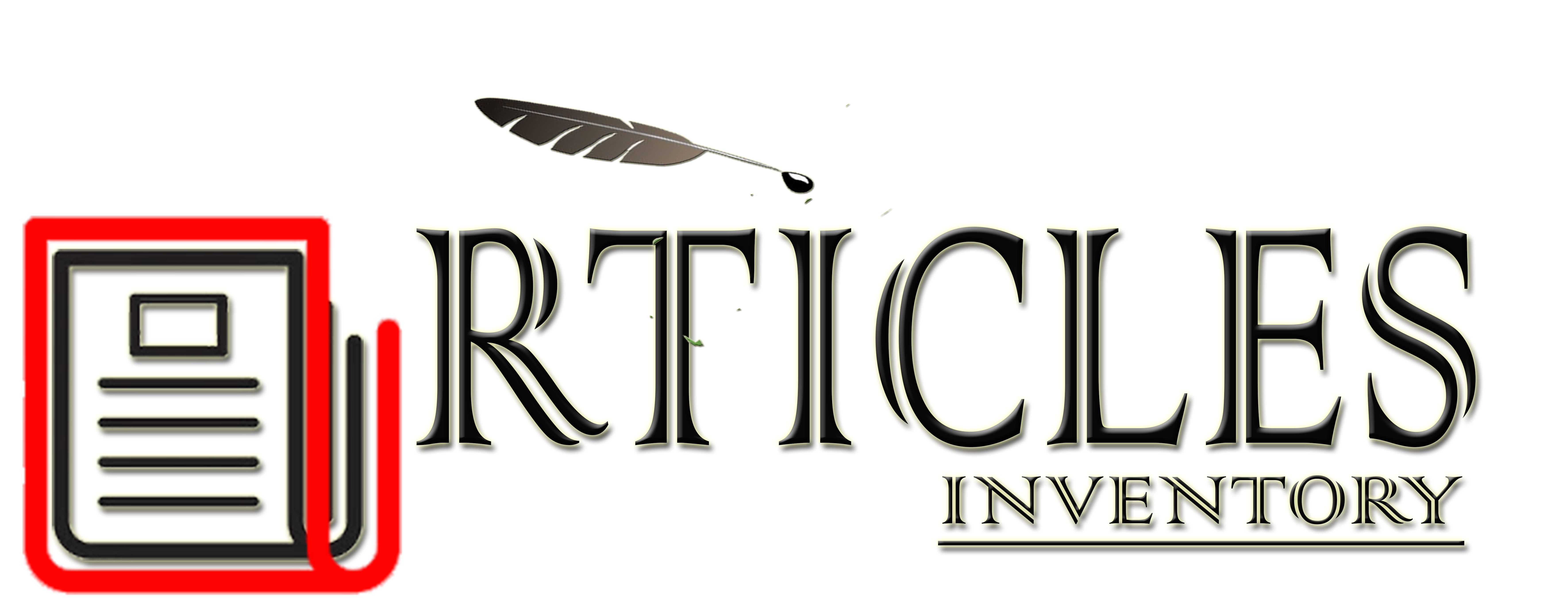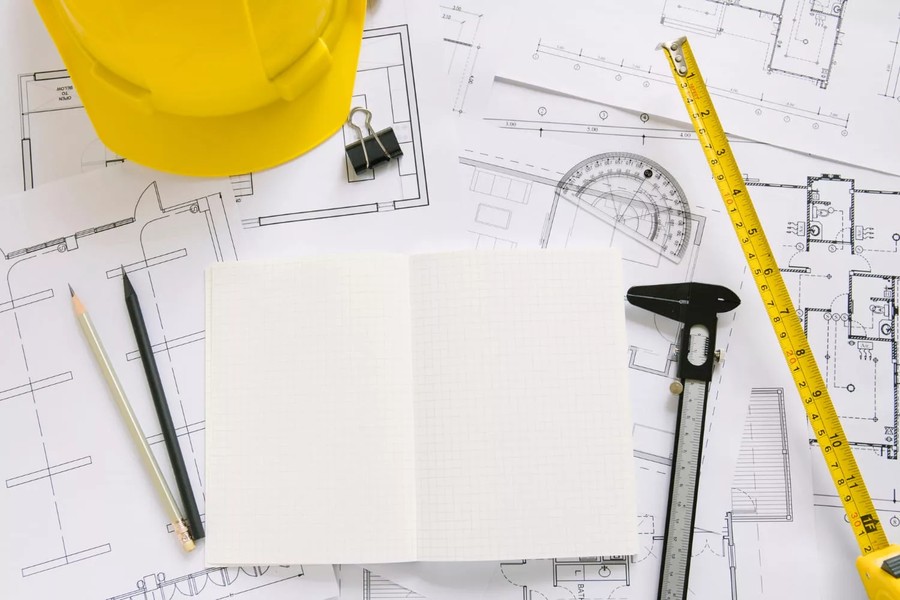Don’t Overlook Retaining Walls: Why Professional Inspections Matter
Retaining walls support slopes, control erosion, and manage water runoff, making them essential for landscape safety. However, when they fail, the consequences can be severe. It can lead to property damage, safety risks, and costly repairs.
New Jersey’s varied climate and rainfall patterns contribute to the stress on retaining walls. Without proper drainage in place, excess moisture can accumulate behind these structures, resulting in increased pressure and compromised stability. Soil movement, foundation issues, and material degradation may further compromise their integrity.
Regular retaining wall inspections help detect early warning signs and mitigate potential hazards before they escalate. A professional assessment provides a thorough evaluation, identifying vulnerabilities that might not be immediately visible.
In homeowner associations (HOAs), retaining walls require routine evaluation to ensure long-term durability. A property condition assessment NJ helps identify deterioration, drainage issues, or other risks that could affect stability. Promptly addressing these concerns helps prevent costly repairs and enhances safety. Routine assessments support long-term maintenance planning for the community.
Warning signs of deterioration include cracks, bulging, leaning, or pooling water. Vertical cracks suggest shifting soil or drainage problems, while horizontal cracks may indicate excessive pressure. Bulging or tilting walls signal structural failure, requiring immediate attention. Poor drainage systems exacerbate these issues, trapping water behind the wall and increasing hydrostatic pressure. If left unchecked, these conditions lead to structural collapse.
The collapse of Wall 22 in Bellmawr, New Jersey, in 2021 highlights the importance of professional evaluation. Warning signs were reported years before the incident but were not adequately addressed. The resulting failure demonstrates the importance of regular inspections and timely intervention.
Hiring a structural engineer NJ offers property owners and HOAs a reliable analysis of retaining wall conditions. These professionals use geotechnical assessments, strain gauges, and inclinometers to measure pressure changes and detect weaknesses. Their expertise allows for tailored recommendations, such as installing drainage solutions, reinforcing walls with additional support, or conducting soil stabilization treatments. These measures help prevent collapse and extend the lifespan of retaining walls.
Retaining walls serve a critical function beyond aesthetics. Their stability directly impacts the safety of adjacent structures, roadways, and landscaped areas. Professional assessments provide a clear evaluation of their condition and help property owners plan maintenance and repairs. Early intervention prevents major repairs and reinforces the long-term durability of these essential structures.
To learn more about how to maintain the stability of retaining walls and prevent failures, check this infographic by Lockatong Engineering.





